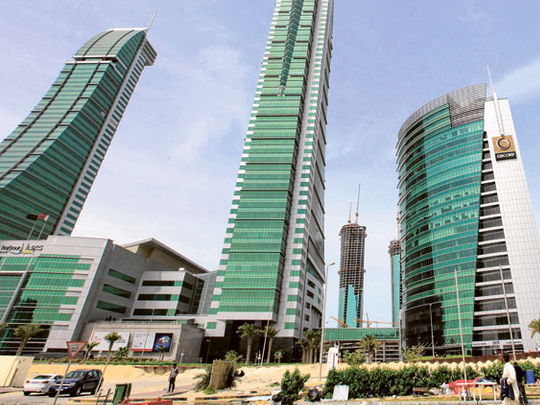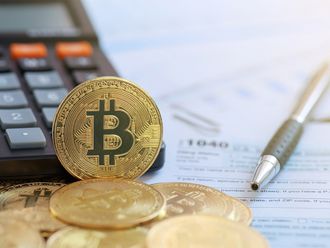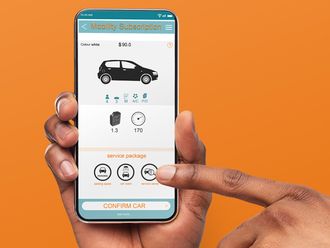
The Gulf Development Programme, which was announced during the GCC foreign ministerial meeting last week, closely resembles the European Marshall Plan that was launched after the Second World War to revitalise the European economy, which had been destroyed by the war. The Marshall Plan effectively contributed to once again restoring prosperity in Europe.
However, this resemblance depends on whether this programme will be further improved and changed into a development fund that will contribute to developing Gulf countries' productivity. This will in turn help diversify sources of income, provide more work opportunities, and help towards increasing the GCC's economic integration.
Although the project's capital, administrative structure or the future functions have not yet been announced, allocating $20 billion (Dh73.4 billion) as a contribution for the development of Bahrain and Oman's economy for the coming ten years represents a good start for this project's operations.
It is expected that these developmental approaches will not be restricted to improving housing and infrastructure facilities, as was announced. However, these first two items are still important for these countries' development and stability.
Currently, Bahrain and Oman, and perhaps other GCC countries in the future, require development projects that contribute to raising standards of living and providing more job opportunities for university and institute graduates, especially projects that suit the GCC economic structure and what it enjoys of productivity preferences.
For example, the Sohar aluminium factory in Oman, which was set up with an Emirati contribution, helped create many job opportunities for Omani citizens and represents a significant addition to the country's economy.
The last project of this sort was the Gulf Petrochemicals Industries Company set up in Bahrain two decades ago with Saudi and Kuwaiti contributions, which also played an important role in Bahrain's economic development. Such strategic projects are rare in Oman and Bahrain, at a time when they are in dire need of diversifying sources of income due to their modest oil and gas resources.
Lower than the average
Both Bahrain and Oman were able to decrease their unemployment rates in the past decade. In Bahrain, unemployment decreased from 12 per cent in the beginning of the decade to 3.5 per cent at present, which is a very low rate and is much lower than the average recorded in developed countries, such as the United States and European Union countries, in which the unemployment rate is an average of 8 per cent.
Despite the fact that most of those who were unemployed in Bahrain and Oman were hired in the public sector, the progress achieved in this aspect cannot be overlooked, even if it did add some additional pressure to both these countries' budgets. This in turn reduces the public sector's capability to employ the increasing numbers of job seekers in the future.
That is where the significance of the Gulf's ‘Marshall Plan' comes in, not just for Oman and Bahrain, but for all GCC countries. The project's current capital can be increased to $50 billion, and then increased to $100 billion during the next five years. This would provide massive capabilities for GCC development, which will have an effective impact on diversifying the Gulf's sources of income.
In reality, there is no better opportunity than the current one to transform this project into a permanent fund that can be supplied with the necessary financial resources.
Oil prices have stabilised above $100 per barrel, and its revenues are high. Moreover, Gulf budgets are currently at their best and are achieving large surpluses that surpassed $50 billion last year, a number that might be surpassed this year, according to reports issued by the Emirates Industrial Bank journal. This offers all the means and conditions for the success of this vital GCC developmental approach.
In addition, Gulf countries have already engaged in developing joint infrastructure projects, like the GCC power grid, railway, customs union, common market, as well as the proposed GCC gas network, which is under study.
This adds significant support to this approach and contributes to extend its benefits to include all Gulf countries.
Such a big and significant project must top the list of priorities of GCC economic cooperation projects due to its important role in the stability and growth of Gulf economies.
Dr Mohammad Al Asoomi is a UAE economic expert.












